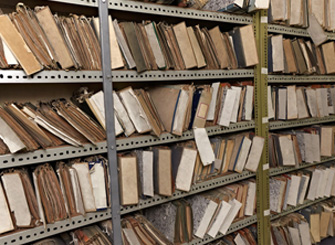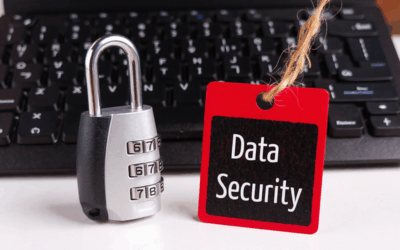
Digitizing historical materials helps preserve the originals and it becomes useful for scholarly researches and references. Digitization also provides accessibility, flexibility and manipulability to useful resources. Once the digitized materials are placed online, people around the world can benefit from them. It also helps to minimize the handling damages for publicly available documents.
Here is one such significant digitization move shouldered by a History assistant professor David LaFevor with the support of Vanderbilt University and The British Library.
Digitizing Cuban History
Cuba is rich in colonial history and David LaFevor, Latin American History and Digital Humanities assistant professor worked over the last decade to help digitize historical documents that throw light into Cuba’s past. The digitization process was done with the partnership of Vanderbilt University and the British Library. Cuba has had associations with people ranging from Spanish colonials to African slaves, which has affected its culture heavily. LaFevor’s association with digitization began during his graduation studies at Vanderbilt University since 2002. He has worked with graduate students and Cuban locals to gather thousands of documents in various stages of decay.
At present, the database has increased upto 600,000 documents that are made available to the public. However, all documents cannot be stored digitally due to technical difficulties. An option is to photograph them or they could deteriorate and be lost forever.
David LeFevor pointed out that projects like this will help many people who live in countries lacking funds and the comfort of tracking their ancestry and history. He believes that it is indeed a luxury to be able to track down the history and culture of your native place.
Conversion of documents into digital form becomes easy with help from a reliable document scanning company. They have the expertise to handle fragile old documents such as the ones mentioned above without causing any damage. They can handle large volumes of documents and make the entire digitization process easy and well-organized. Compared to in-house scanning and conversion, outsourced solutions often prove to be more affordable and efficient.



